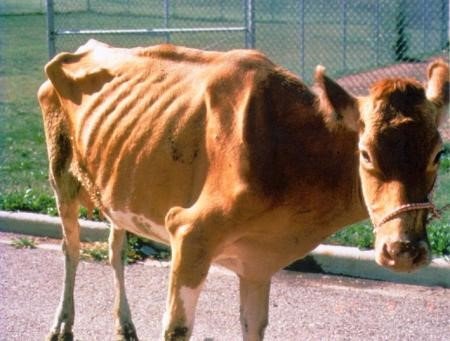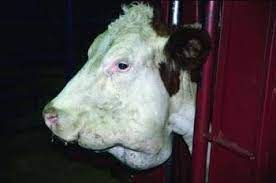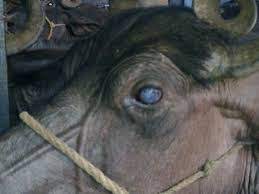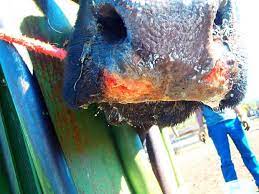Kennel Cough: A Comprehensive Veterinary Guide
Kennel cough, medically termed infectious tracheobronchitis, is a highly contagious respiratory disease commonly found in dogs. Understanding the nuances of this condition is crucial for pet owners and veterinarians alike to prevent its spread and effectively manage it. Etiology of Kennel Cough: Kennel cough predominantly results from the synergistic action of various infectious agents, such … Read more









